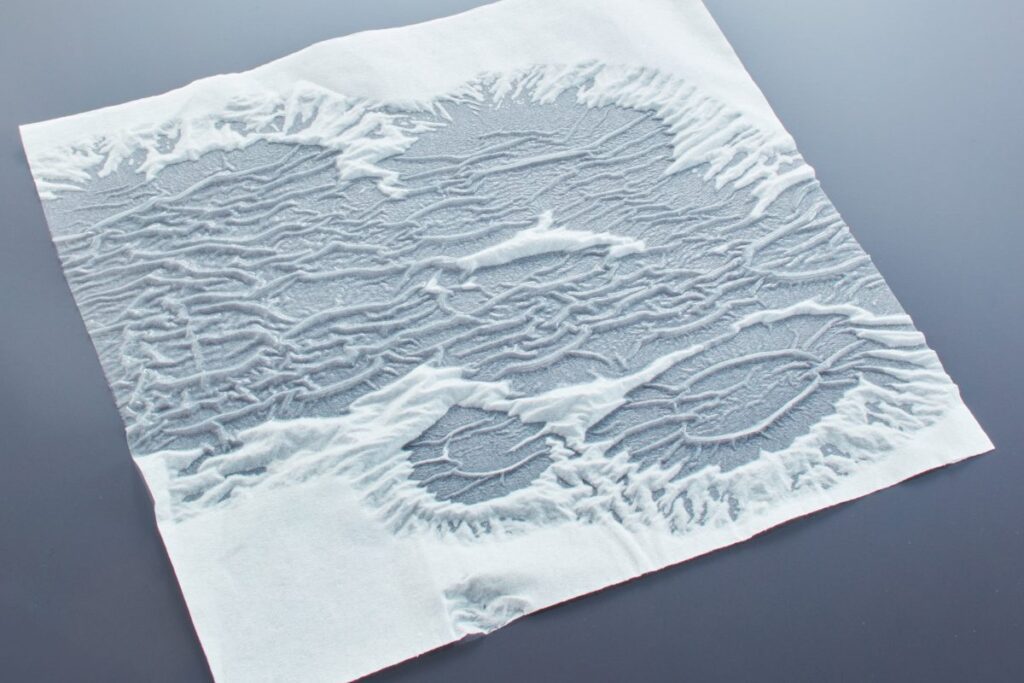Wet Strength Agent
:Wet strength agents
1- WSR resistance material Active12.5%
2- WSR resistance material Active 20%
3- WSR resistance material Active 22%
4- temporary fixed material Active 6%
Papers are classified as wet-strength when they retain 15% or more of their dry-tensile strength.
Superior quality versions of these papers may retain as much as 50% or more dry strength following immersion in water. Papers in this classification can range in weight from tissue to paperboard.
What are the wet strength chemicals for paper?
Wet strength development should not be confused with sizing, the first representing the strength of the paper once wet, the latter being the speed and amount of water absorbed by the paper.
Normal wet strength resins are: urea-formaldehyde (UF), melamine-formaldehyde (MF) and polyamide-epichlorohydrin (PAE).

These additives allow papermakers to manage the required wet and dry strength characteristics of their products, as well as enable them to develop new and improved paper grades and, in many cases, improve their machine operating efficiency.
Wet-strength resins are an important group of papermaking chemicals. Their mode of action is unusual in that they cause an irreversible change in a characteristic physical property of paper — its strength in the dry state and its tendency to disintegrate when wet — rather than merely improving paper quality.
How do you increase wet strength of paper?
A common technique for wet-strength development of paper is to add CMC together with PAE to the pulp.
Cationic PAE helps to retain the anionic CMC to the fiber surface. Both dry- and wet strength are improved. The surface conformation and properties of such fibers will be different compared to when only CMC is added.

